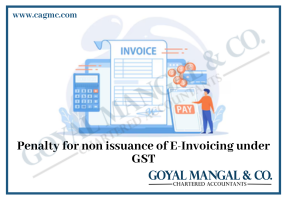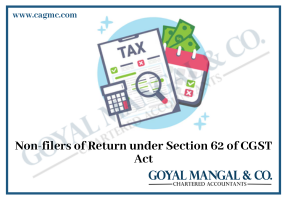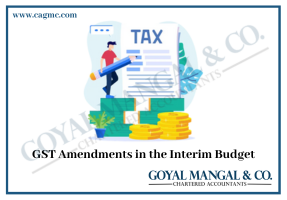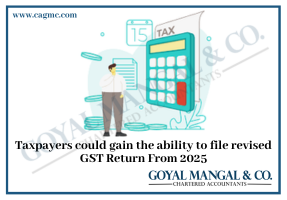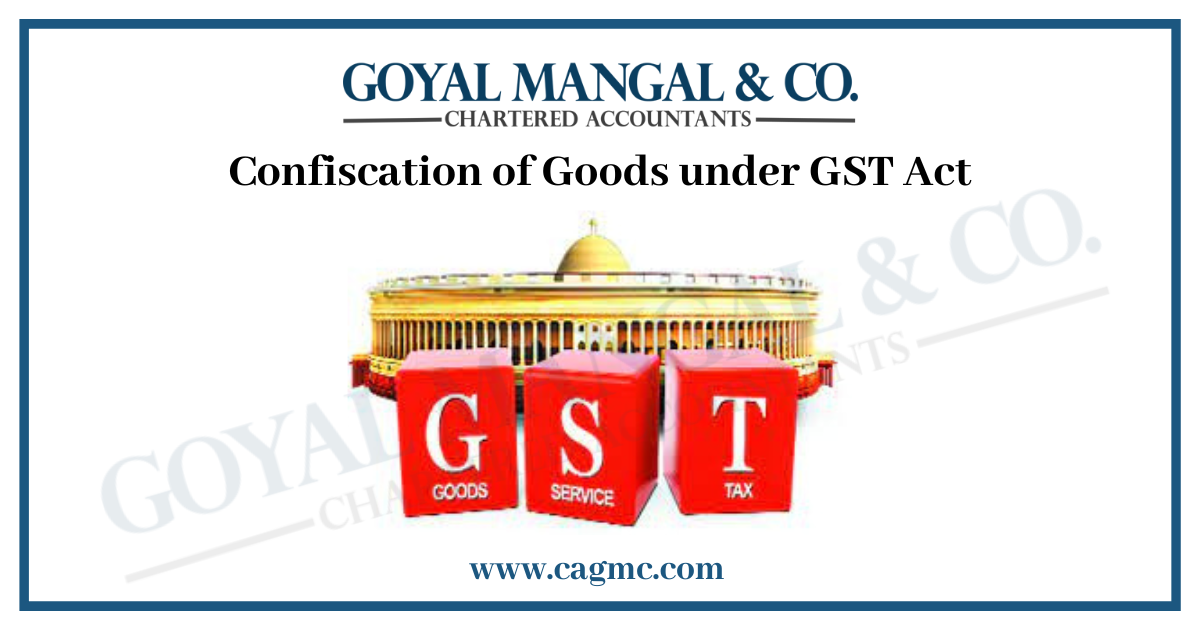
The Goods and Services Tax (GST) has brought about significant changes in the taxation system of India, streamlining the indirect tax regime. However, along with the benefits, it also imposes certain obligations and penalties to ensure compliance. One such penalty is the confiscation of goods. Confiscation entails the seizure and forfeiture of goods, resulting in both financial and legal consequences for the defaulter. In this blog, we will delve into the concept of confiscation of goods under the GST Act, exploring its legal framework, reasons for confiscation, and the impact it has on businesses. So, let’s begin our journey into the realm of GST confiscation and its implications.
| Table of Contents |
Meaning of confiscation of goods under GST Act
Confiscation of goods under the GST is the act of the government authority taking ownership and custody of the goods following due adjudication. After the seizure and detention of goods in transit, confiscation is the ultimate act. Any person who transports goods violating the GST Act then the goods, supporting paperwork, and the vehicle carrying will get seized. Only after paying the applicable tax and penalty will the goods are released. The tax official must offer the alternative of paying a fine rather than seizing the goods before doing so. After paying the payment in lieu of confiscation, other taxes, fees, and penalties will still need to be paid. Products won’t be seized without a justification.

Circumstances for confiscation & penalty
Both the goods and the conveyance will be confiscated if any person –
- Supplies/receives goods in violation of the GST rules to evade tax.
- Unable to clarify the presence of seized goods.
- Despite being required to register, supplies goods without registering.
- Violates rules to evade tax.
- Uses any means of transportation or vehicle to transport goods in violation of the provisions of the GST
If the owner of the car can prove that vehicle was used without his knowledge, the vehicle may not be confiscated. Each of the situations will also result in a penalty.
Levy of fine & penalty
The following steps will be taken into consideration by the proper authority in accordance with the provisions of the CGST Act, 2017:
- The proper officer must offer the owner the choice of paying a fine set by the officer rather than having their property confiscated.
- If a fine is imposed in place of commodities that are seized, the fine cannot exceed the market worth of the products.
- The total amount of the fine and penalty cannot be less than the fine allowed by Section 129(1) of the CGST Act of 2017.
- When a conveyance is hired, the owner is given the choice of paying a fee equivalent to the amount of the applicable goods tax or having the conveyance impounded.
Services not covered for confiscation
The services are not covered for confiscation
- Section 130 deals with only goods and conveyance. Nowhere in the provision supply of service has been referred. Since services are not transported in conveyance and only goods are transported.
- Section 130 will not be invocable in case of services.
Fine in lieu of confiscation
The minimum fine will be 100% tax if the owner comes forward and 50% of the value of goods before tax if the owner does not come forward. The maximum penalty will equal the market value of the products before tax. For vehicle confiscation, the owner will have the option to pay a fine equal to the tax due on the products. The imposition of a fine in lieu of confiscation does not nullify the other applicable penalties. Other taxes, fees, and penalties will still be owed following the payment of a fine in lieu of confiscation.
Goods will not be seized without a notice to show cause and an opportunity to be heard. Once confiscated, the products become the government’s property. There will be a three-month grace period for the payment of the confiscation fine, after which the products will be sold. Confiscation will have no effect on other penalties under the GST, meaning that all penalties and prosecutions will continue to apply
Takeaway
In conclusion, the confiscation of goods under the GST law is a crucial provision aimed at ensuring compliance and deterring tax evasion. It serves as a powerful tool to penalize defaulters and maintain the integrity of the tax system. Businesses must understand the legal framework and reasons for confiscation to avoid falling afoul of the law. By maintaining proper records, adhering to GST regulations, and promptly rectifying any discrepancies, businesses can mitigate the risks of confiscation and its adverse consequences. Overall, compliance with the GST law is essential for the smooth operation and growth of businesses in the ever-evolving taxation landscape.
